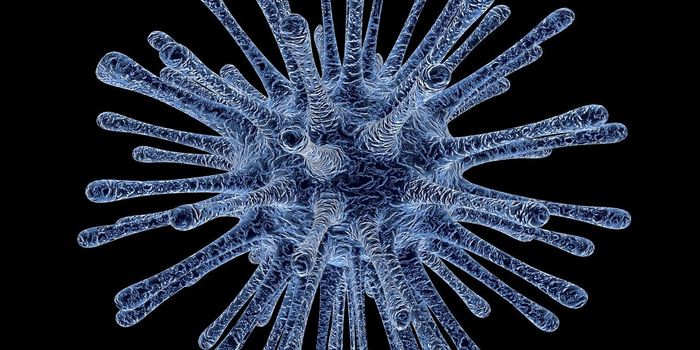New Drug Combo Eliminates Pancreatic Cancer in Mice
A combination of three immunotherapy drugs can eliminate pancreatic tumors in mice. The study was published in Cancer Cell.
Pancreatic cancer affects around 60,000 people in the US each year. People with the condition have a 10% five-year survival rate, making it among the deadliest cancers. One of the reasons behind its low survival rate is that it is difficult to treat. While some chemotherapies are effective against the cancer, many pancreatic tumors develop resistance to them.
“We don’t have a lot of good options for treating pancreatic cancer. It’s a devastating disease clinically,” says William Freed-Pastor, lead author of the research. “If this approach led to durable responses in patients, it would make a big impact in at least a subset of patients’ lives, but we need to see how it will actually perform in trials.”
The most common form of immunotherapy in clinical practice is called 'immune checkpoint therapy'. One of the ways cancer cells multiply is by putting breaks on the immune system's T cells that recognize and destroy cancer cells. Immune checkpoint inhibitors work by removing these breaks so T cells can prevent cancer cells from multiplying and spreading.
In a recent study with mice, researchers found that pancreatic cancer cells express a protein called CD155, which activates a receptor on T cells called TIGIT. Activation of TIGIT leads to T cell exhaustion, making T cells unable to attack pancreatic cancer cells.
The researchers of the present study decided to test a variety of experimental drug combinations on mouse models of pancreatic cancer to inhibit TIGIT and PD-L1, a protein linked to cancer that turns T cells off. They also tested drugs called CD40 agonist antibodies that activate T cells to work against tumors. When used individually or in groups of two, the researchers found little to no improvement in tumors.
However, when they used all three types of drug at the same time, they found that pancreatic tumors in around half of the mice shrunk. Moreover, in a quarter of the mice, tumors disappeared. They further noted that tumors did not regrow after the treatment stopped.
“This work uses highly sophisticated, genetically engineered mouse models to investigate the details of immune suppression in pancreas cancer, and the results have pointed to potential new therapies for this devastating disease,” said Tyler Jacks, one of the authors of the study.
“We are pushing as quickly as possible to test these therapies in patients and are grateful for the Lustgarten Foundation and Stand Up to Cancer for their help in supporting the research.” he added.
Aside from upcoming clinical trials, the researchers are conducting further animal studies to increase the treatment’s effectiveness.
Sources: Cancer Cell, Cancer.org, EurekAlert









